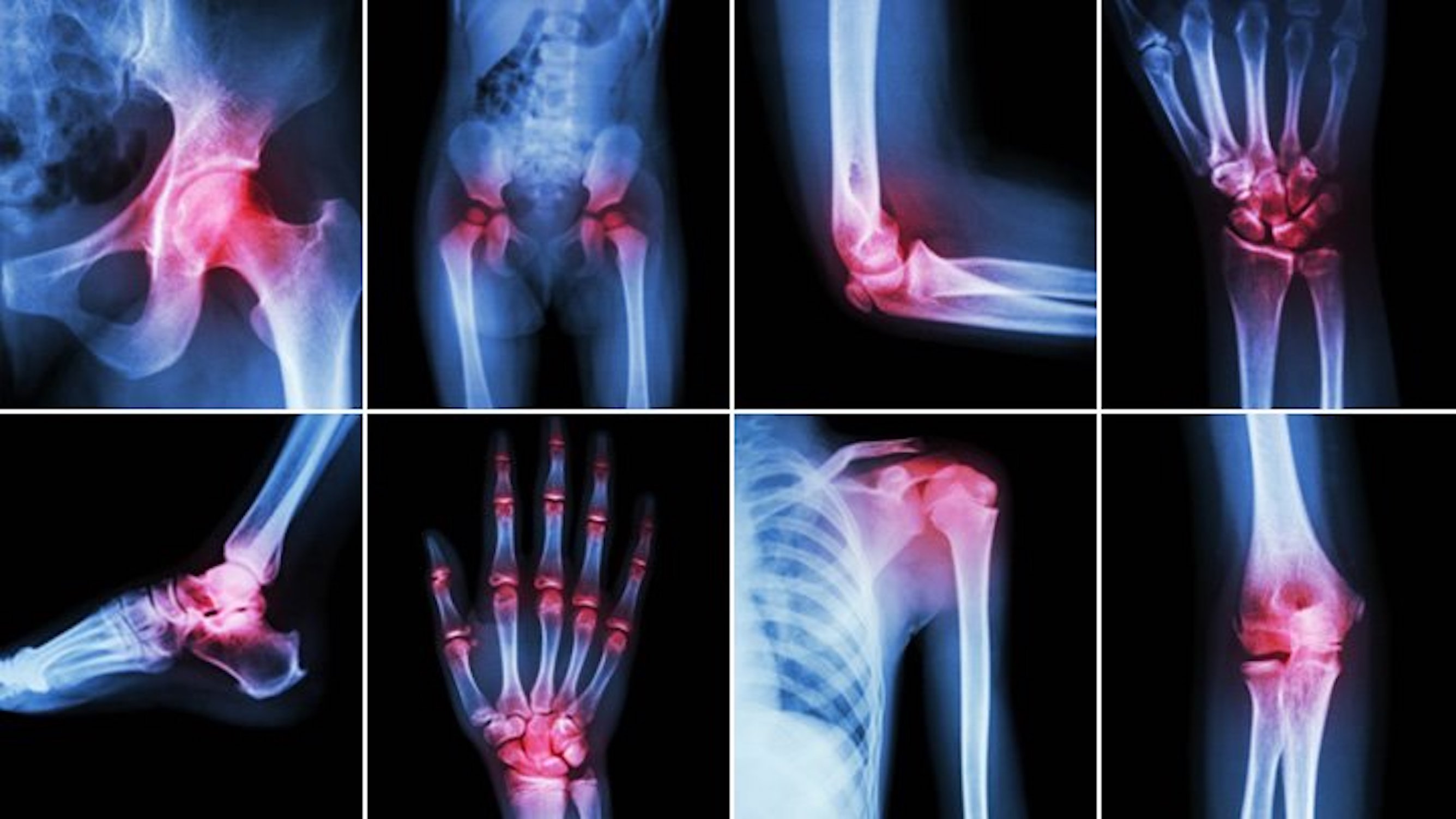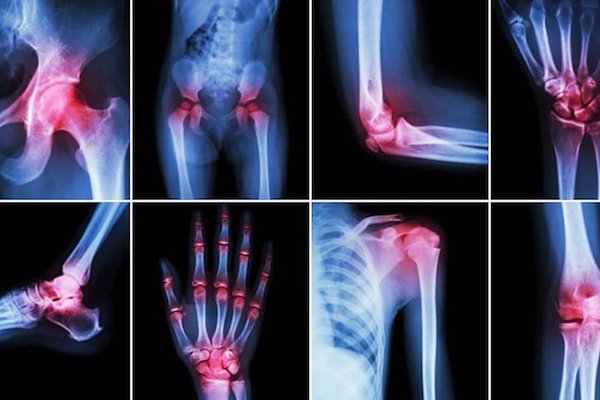A study compared renal function parameters in patients with psoriatic arthritis (PsA) against those with rheumatoid arthritis (RA) and examined the impact of clinical remission or disease relapse on renal function. The results appeared in the Journal of Clinical Medicine.
In this single-center retrospective study, conducted in Italy, researchers assessed 45 patients with PsA (n = 23) or RA (n = 22). The population of interest had all attended rheumatology clinic within the past six months. Also, between the study groups, patient age, renal function, and medical history were generally similar, although the researchers noted that significantly more RA patients were smokers, and more PsA patients had comorbid hypertension.
According to the results, the prevalence of estimated glomerular filtration rate [eGFR] ≤90 mL/min/1.73 m2 at 1, 6, and 12 months of treatment ranged from 38.5% to 58.3% in the PsA group and from 45.5% to 54.5% in the RA group and did not appreciably differ between the two groups. “Clinical remission did not appear to affect renal function parameters in either disease group; however, relapse was associated with significantly higher serum creatinine levels in PsA patients at the same timepoint,” the researchers wrote of the results.
“Patients with PsA and RA had a similar prevalence of renal function parameter abnormalities over 12 months of treatment,” the researchers concluded. They added that disease relapse, “may impact renal function in patients with PsA.”
Link: https://pubmed.ncbi.nlm.nih.gov/35207306/
Keywords: kidney, psoriatic arthritis, remission, renal dysfunction, rheumatoid arthritis









